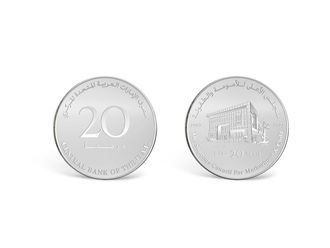Dubai: UAE credit growth will remain under pressure this year as the debt restructuring of some government related entities (GREs) and high loans to deposit ratios are likely to limit the lending capacity of local banks, according to Standard Chartered officials.
"The loans to deposit ratios of UAE banks are close to 100 per cent while many UAE banks will be involved in the debt restructuring of some of the government related entities, which could curtail their lending, said Shady Shaher, Standard Chartered's economist for the Middle East and North Africa.
The bank officials said although the debt overhang of some of the GREs will continue to be a drag on the UAE economy and the banking sector for some time, the strong recovery of the economy largely driven by trade, tourism and hospitality sectors in Dubai and high government spending in Abu Dhabi will see economic growth gaining traction.
Standard Chartered expects the GREs to roll over their debt this year without much difficulty. "We think the government is doing all the right things and exploring all options and I don't see why they won't be able to roll over their debt," said Jonathan Morris, the bank's chief executive officer for the UAE.
Scepticism
There was scepticism over the ability of some of these GREs to refinance their debts this year, especially in the context of the absence of major European banks from the loan market in the region as many of them are going through deleveraging.
Although the absence of European banks is expected to create a funding gap in the regional markets, Morris said the funding gap is smaller than anticipated and the regional banks can easily step in to fill it.












